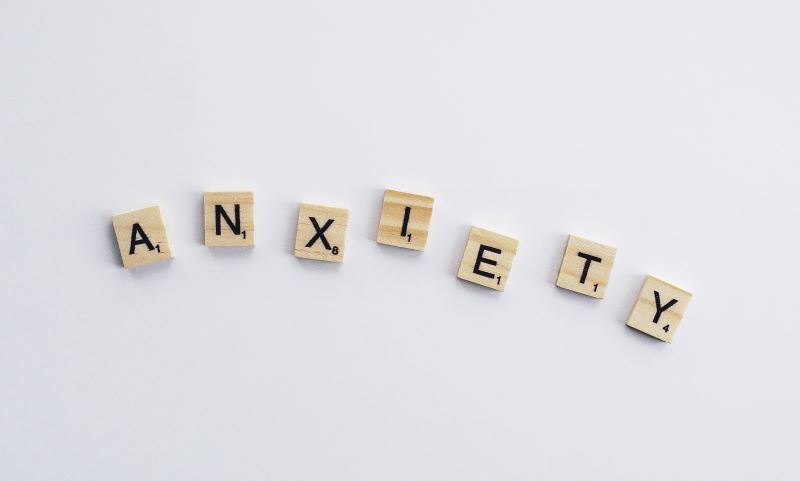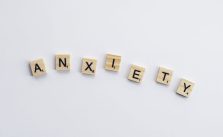 Anxiety is a common mental health condition that affects millions of people worldwide. However, many misconceptions and myths about anxiety can prevent people from seeking help or understanding their own or others’ experiences. Here are some of the most common differences between what people think about anxiety and the reality.
Anxiety is a common mental health condition that affects millions of people worldwide. However, many misconceptions and myths about anxiety can prevent people from seeking help or understanding their own or others’ experiences. Here are some of the most common differences between what people think about anxiety and the reality.
What people say: : Anxiety is just feeling nervous or stressed sometimes. Everyone has it and it’s not a big deal.
The reality: : Anxiety is more than just feeling nervous or stressed. It is a persistent and excessive fear or worry that interferes with daily life and functioning. Anxiety can cause physical symptoms such as racing heart, sweating, trembling, nausea, chest pain, shortness of breath, and more. Anxiety can also affect one’s thoughts, emotions, and behaviors, leading to negative self-talk, avoidance, isolation, and reduced quality of life. Anxiety is not something that one can just snap out of or get over. It is a serious and treatable condition that requires professional help.
What people say: : Anxiety is a sign of weakness or a character flaw. People who have anxiety are weak, cowardly, or incompetent.
The reality: : Anxiety is not a sign of weakness or a character flaw. It is a normal and adaptive response to perceived threats or dangers. People who have anxiety are not weak, cowardly, or incompetent. They are strong, brave, and capable. They face many challenges and difficulties every day and still manage to cope and function. They have many strengths and skills that they can use to overcome their anxiety.
What people say: : People who have anxiety should avoid anything that triggers their anxiety or makes them uncomfortable.
The reality: : People who have anxiety should not avoid anything that triggers their anxiety or makes them uncomfortable. Avoidance only reinforces the fear and makes it worse over time. It also limits one’s opportunities and experiences in life. Instead, people who have anxiety should gradually face their fears and expose themselves to the situations or objects that cause them anxiety. This can help them learn that their fears can be defeated and that they can cope with them effectively.
What people say: : Anxiety can be cured by positive thinking or herbal remedies.
The reality: : Anxiety cannot only be cured by positive thinking or herbal remedies alone. While these methods can help manage some of the symptoms of anxiety, they are not enough to address the underlying causes and factors that contribute to anxiety. Anxiety often requires a combination of psychotherapy and medication to be treated effectively. Psychotherapy can help one identify and challenge the negative thoughts and beliefs that fuel anxiety, as well as learn coping skills and strategies to deal with anxiety-provoking situations. Medication can help regulate the brain chemistry and reduce the physical symptoms of anxiety.
In addition to the medication, your provider can suggest practicing Mindfulness. This is a practice of paying attention to the present moment with curiosity and openness. It can help people with anxiety by reducing the negative thoughts and emotions that often accompany it.
For more information about Anxiety, you can go to: https://amindfulnessspace.com/generalized-anxiety-disorder-what-you-need-to-know/



Comments are closed